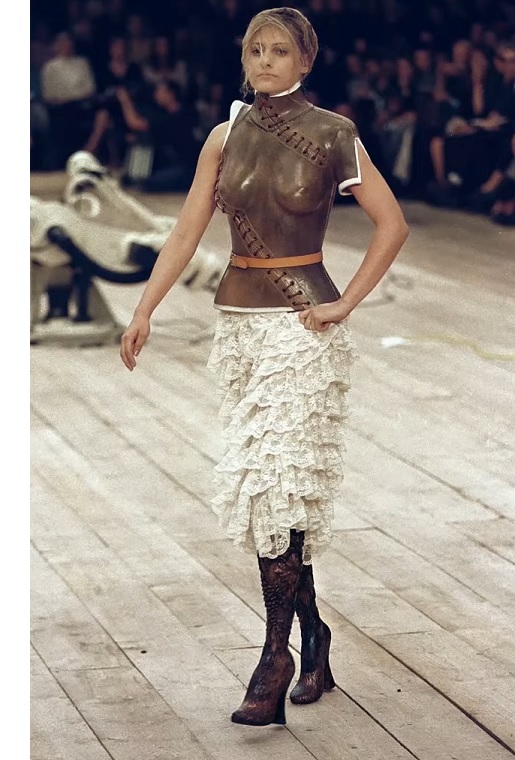
We enjoyed the heck out of Rising Phoenix, the well-reviewed 2020 documentary about the Paralympics. Now that we know the story behind that film, our appreciation has only deepened. According to director Peter Ettedgui, the project was inspired by a single image of bilateral amputee model (and former Paralympian) Aimee Mullins. Ettedgui came across the photo during his research on a different movie; once he learned more about Mullins, he knew his next project would focus on adaptive athletes and the broader subject of disability. Get the whole story from Ettedgui in a new installment of 5×15 Stories. If you haven’t seen Rising Phoenix yet, watch it on Netflix.
To the rest of this week’s headlines:
Open Bionics is giving away a free Hero Arm, courtesy of an anonymous donor. They’re seeking a recipient who’s under 18 years of age and comes from a family of limited means. If you or someone you know fits the description, submit an application at Open Bionics’ registration page.
To recognize Limb Loss Awareness Month, CNN did a Heroes segment about Boston Marathon survivor Heather Abbott, whose foundation raises money to buy prosthetic devices for amputees who lack sufficient funds.
Another New England amputee benefactor, Paralympic hopeful Noelle Lambert, described her recovery from limb loss and the birth of her Born to Run Foundation in a New England Cable News segment.
U.S. Senators Tammy Duckworth and Marsha Blackburn reintroduced their bill authorizing a federal study of medical services for amputees. Originally proposed in the previous Congress, the Triple A Study Act aims to identify barriers to access, gaps in service, cost and performance issues, and other problems that prevent amputees from receiving the care they deserve. Congressmen G.K. Butterfield and Brett Guthrie introduced companion legislation in the House.
Bionic engineers at Switzerland’s École polytechnique fédérale de Lausanne are touting a new robotic hand based on the principle of “shared control.” In essence, your brain and an AI algorithm team up to control the device.
Working along similar lines, researchers at Johns Hopkins and Drexel published new findings about haptics, an artificial sense of touch that eases the mental burden required to use bionic arms, while improving accuracy and control.
It took years for British amputee Nancy Harris to accept the body changes that came with limb loss. Now she’s a successful model with a positive body image and a message of self-love for all people with limb difference.
More good news about the hemp prosthesis: Human Plant Solutions is partnering with University of Kansas engineering students to develop a sustainable, affordable hemp-based running blade for pediatric amputees.
Shades of Jim Abbott: Parker Hanson brings the heat as a limb-different hurler for NCAA Division II’s Augustana University. He swings the bat pretty well, too.